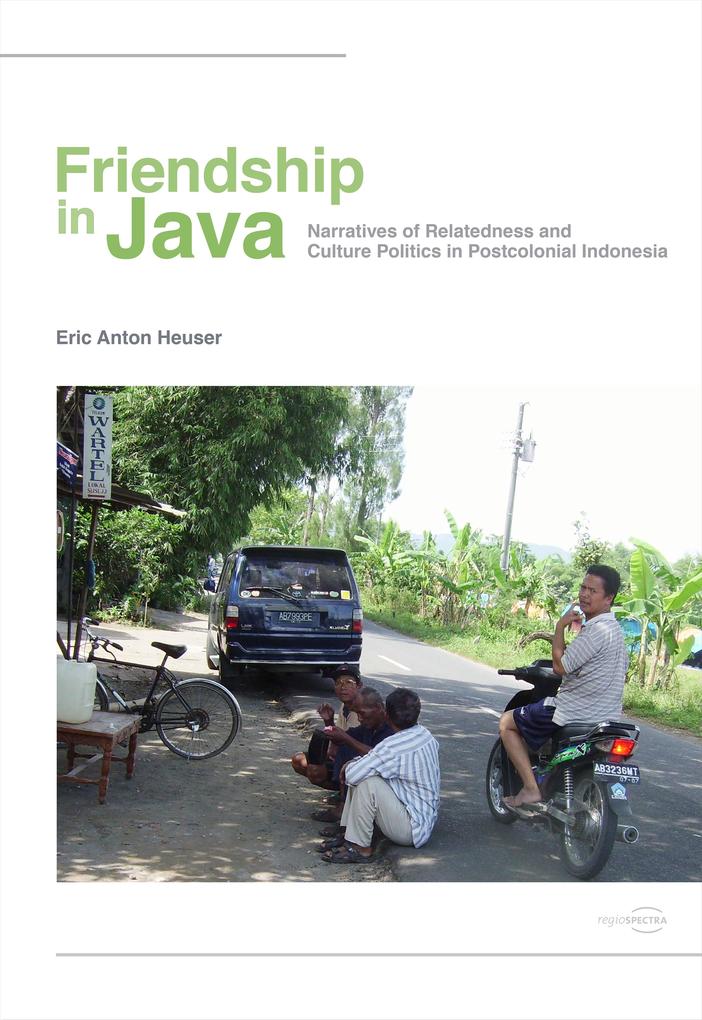
Sofort lieferbar (Download)
Focusing on friendship practices and perceptions in contemporary Java, this book takes an innovative approach to analysing social structure, relatedness, and patronage in the context of a postcolonial nation in the Global South. Friendships in Java are highly flexible forms of relatedness that are embedded in a particular cultural context and influenced by Javanese cosmology, Islam, and political structure. This mixture has produced notions of sociality that were exploited by Indonesia's first two presidents in an effort to unite the new and fragmented nation. The book suggests that friendship relations in Java resemble a synthesis of Javanese ideals of good behaviour, the need for social security, attachment, and the influence of national culture politics. They constitute a major form of relatedness that is particular to postcolonial Indonesia.
Produktdetails
Erscheinungsdatum
17. Februar 2020
Sprache
englisch
Seitenanzahl
221
Dateigröße
2,35 MB
Autor/Autorin
Eric Anton Heuser
Verlag/Hersteller
Kopierschutz
mit Adobe-DRM-Kopierschutz
Family Sharing
Ja
Produktart
EBOOK
Dateiformat
PDF
ISBN
9783940132864
Entdecken Sie mehr
Bewertungen
0 Bewertungen
Es wurden noch keine Bewertungen abgegeben. Schreiben Sie die erste Bewertung zu "Friendship in Java" und helfen Sie damit anderen bei der Kaufentscheidung.








